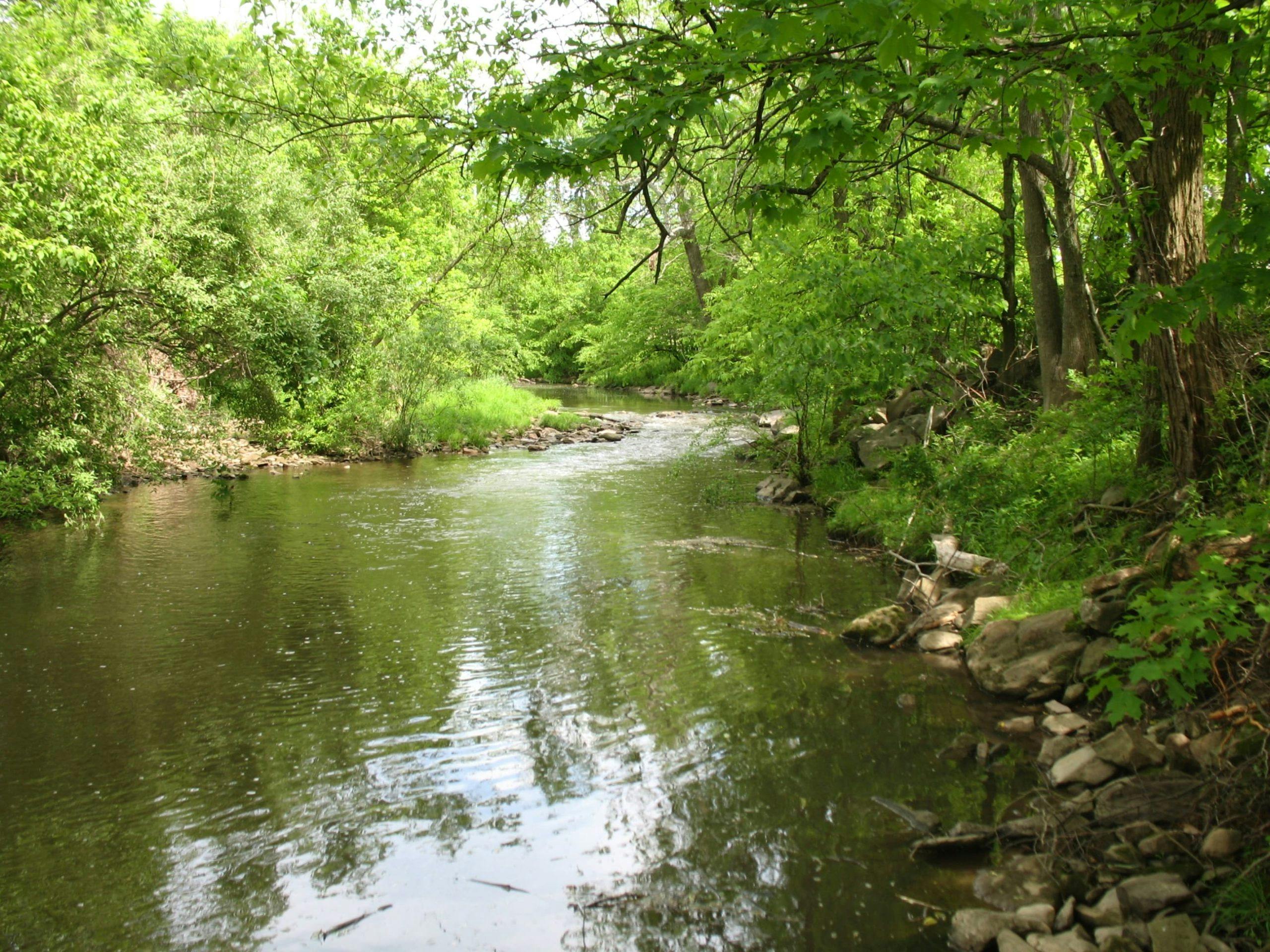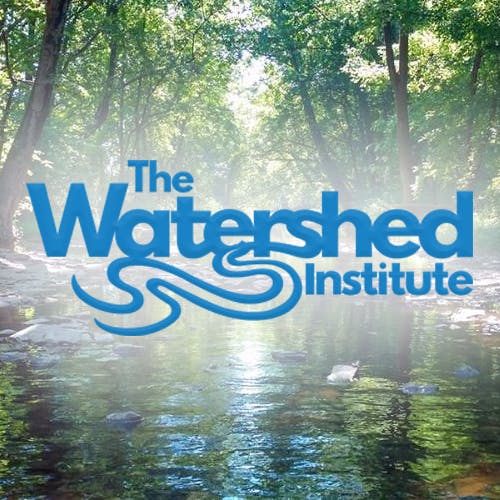
The Watershed Institute

Keeping water clean, safe and healthy is the heart of our mission. We work to protect and restore our water and natural environment in central New Jersey through conservation, advocacy, science and education. Our staff includes policy advocates, scientists, land and water stewards, naturalists and educators. We speak out for water and the environment, protect and restore sensitive habitats, test our waterways for pollution, and inspire others to care for the natural world. We focus much of our work in the Stony Brook-Millstone and the adjacent part of the Central Delaware River Watersheds, while also leading several statewide initiatives. Across the region, we collect key data on the health of our streams and on other environmental factors. We distribute the information to residents and public officials, and work with them to address pollution of our water supplies and waterways.
Since 1992, volunteers have assessed and documented water quality in the Stony Brook-Millstone Watershed through our StreamWatch water quality monitoring program. StreamWatch measures the health of our water by testing water chemistry, measuring bacteria levels, and assessing the biological and physical health of our waterways. Through the StreamWatch bacterial action team, volunteers test for Escherichia coli (E. coli) levels in the water at 13 sites. E. coli is a type of bacteria that live in the intestinal tracts of animals and humans. The presence of this bacteria indicates that disease-causing bacteria, viruses, and parasites of a fecal origin may be contaminating the water. Swimming or wading in streams with high E. coli levels is considered to be a health risk. High E. coli levels can result from leaking septic or sewer systems, polluted runoff that has picked up animal (dog, goose, cow, etc.) waste en route to the stream, waterfowl in the stream, or wading cows. Monitoring is being used to keep an eye on several hot spots and to identify other bacteria problems quickly. Two five-week monitoring periods occur every summer. Volunteers can opt to participate in one or both sessions. All samples are analyzed in-house using the IDEXX/Colilert method.
Email: info@thewatershed.org
Website: https://thewatershed.org/
Facebook: https://www.facebook.com/theH2Oshed
Twitter: https://twitter.com/theH2Oshed
Instagram: https://www.instagram.com/theh2oshed/?hl=en
YouTube: https://www.youtube.com/c/TheWatershedInstitute
Address: 31 Titus Mill Road, Pennington, NJ 08534







